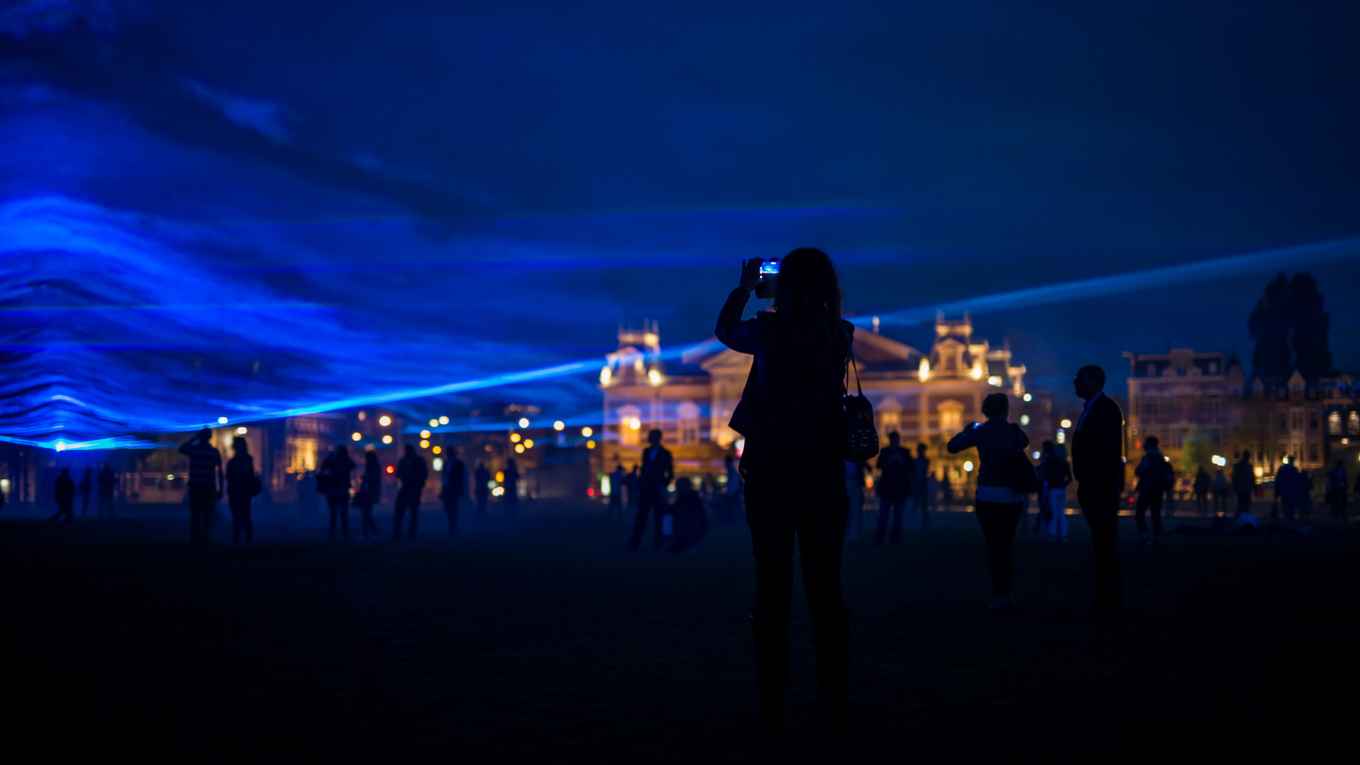Aesthetic Powers and Digital Experiences of Urban Change: A Talk by Mónica Degen
A GDC & ASCA Cities Talk
- Date
- 12 May 2023
- Time
- 15:00 -17:00

In this talk, Mónica Degen explores the workings of aesthetic powers in the planning and branding of cities in a digital age. In a highly competitive consumer culture, the sensory cues or ‘aesthetics’ that products present and elicit are vital to being noticed and appeal to an ever more discerning global audience. By revisiting some of her earlier work that discussed how urban transformation processes are made effective through the organization of sensory experiences, Degen argues that such processes have been intensified by the use of digital technologies in every sphere of urban life.
In her discussion, Degen will trace aesthetic power dynamics through two different urban case studies. Drawing on her recent book The New Urban Aesthetic: Digital Experiences of Urban Change, she starts by analysing the entanglement between place branding, sensory experiences and cultural redevelopment of an area in the financial City of London: the “Culture Mile”. She discusses how the regeneration of its public spaces is powerfully supported by an online branding strategy that emphasizes sensory engagements and what she has defined as a ‘dramatic urban aesthetic’ that is shaping the urban design and activities on the ground. Degen then moves to more recent work that analyses urban branding campaigns in Barcelona to examine how promoting a new city brand is informed by an urban imaginary based on sensory conviviality and shaped and influenced by the formats of digital mediations. Overall, she reflects on why focusing on urban aesthetics - sensory urban experiences - provides an important analytical lens to examine the evolving and differentiated power relations underpinning contemporary urban cities and their branding.
In preparation for this talk, please read the following text (sent via email after registration):
- Degen, Monica, and Gillian Rose. The New Urban Aesthetic: Digital Experiences of Urban Change (New York: Bloomsbury, 2022). 1-15, 145-53.
Mónica Degen is Professor of Urban Cultural Sociology at Brunel University London. She has worked on many international research projects with architects, local councils, museum curators, neighbourhood associations and the general public to research the politics of urban transformation in cities from Doha (Qatar) to Cologne, Milton Keynes, Bedford, Barcelona and London. She is particularly interested in the role that senses and experiences play in framing architectural practices, urban planning, everyday life and culture. She is the author of Sensing Cities (Routledge 2008); The Meta-City: Barcelona – transformation of a metropolis (Anthropos 2008) edited with Marisol Garcia and The New Urban Aesthetic: Digital Experiences of Urban Change (Bloomsbury, 2022) co-authored with Gillian Rose.